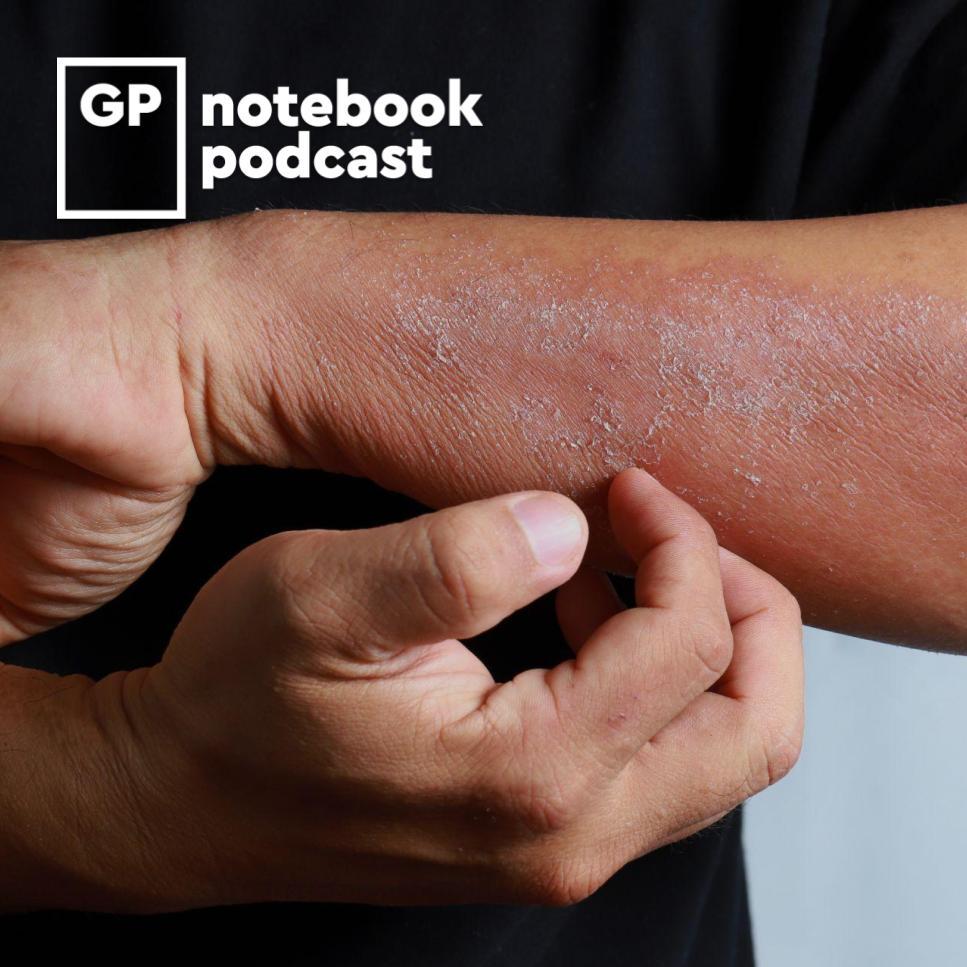Dry skin conditions are one of the commonest skin problems that present to primary care physicians, but their psychological impact and psychiatric comorbidities are often underestimated. In this podcast episode, Dr Roger Henderson looks at dry skin, its impact on mental well-being and how it should be assessed and treated. He also gives useful consultation hints and tips about both the dermatological and psycho-dermatological aspects of dry skin problems.
Key references:
- British Association of Dermatologists
- Psychodermatology UK
- Primary Care Dermatology Society
- NHS. Atopic eczema
- Skin Support
- British National Formulary. Emollient creams and ointments, paraffin-containing
- All Party Parliamentary Group on Skin. Mental health and skin disease report 2020
- Moncrieff G, et al. Clin Exp Dermatol. 2013;38(3):231-8; quiz 238. doi: 10.1111/ced.12104.
Key take-home points:
- Around one quarter of the UK population consult a GP every year for a skin-related problem.
- Chronic skin disease is strongly linked to psychological distress.
- The psychosocial impact of skin disease is often underestimated.
- Atopic dermatitis affects one in 12 adults and one in five children in the UK and is strongly associated with anxiety and depressive symptoms.
- Emollients are the cornerstone of treatment for all dry skin conditions.
- Emollient prescribing should never be based on cost alone and patient preference should be taken into consideration.
- Always prescribe emollients in suitable quantities. NICE recommends 250 g/week for children with atopic eczema; doubled in adults. Prescribe in 500 g tubs and pumps.
- The patient should be shown how to correctly apply emollients.
- If a dry skin condition is impacting on mental health, use a stepped care approach offering the least intrusive, most effective intervention first whenever possible.
- If both anxiety and depression are present, aim to treat the depressive disorder first in line with NICE guidance on clinical depression.
- Asking about both emollient use and psychological well-being are key in any consultation about dry skin problems. Every patient with a skin condition should be treated holistically.
Create an account to add page annotations
Add information to this page that would be handy to have on hand during a consultation, such as a web address or phone number. This information will always be displayed when you visit this page
